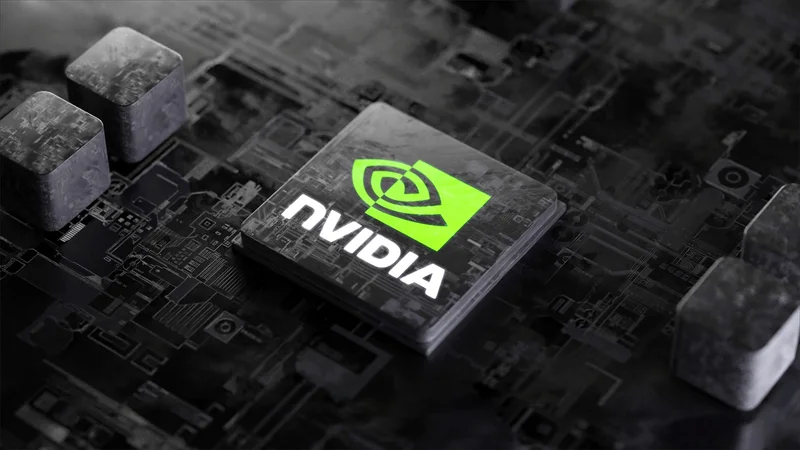Michael Burry, the man who made a fortune betting against subprime mortgages before the 2008 crash, is back in the news. This time, he's placed massive bets against two AI darlings: Nvidia and Palantir. The question is, is this another stroke of genius, or is Burry simply early to the party – or worse, wrong?
Burry's firm, Scion Asset Management, disclosed put options totaling over $1 billion against Nvidia ($187 million) and Palantir ($912 million). Actions, as they say, speak louder than words, and a billion-dollar bet screams "AI bubble" pretty clearly. The article's author rightly points out the seeming insanity of these bets, while also reminding us that Burry's housing market call looked equally insane... until it didn't.
The core issue here is valuation. Are Nvidia and Palantir's current stock prices justified by their actual earnings and future growth prospects? Or are they inflated by hype and speculative frenzy? Palantir, in particular, looks expensive, trading at a sky-high multiple of its earnings. However, as the author notes, it has looked expensive for a while, and the stock has continued to climb (a point I'll return to).
The comparison to the dot-com bubble is inevitable. But is it accurate? The author makes a key distinction: not all AI companies are created equal. Giants like Apple and Alphabet, while perhaps "behind" in the AI race, have massive existing businesses and strong balance sheets to fall back on. They're not solely dependent on AI hype to survive. (This is what I call the "pet rock" problem: remember when those were all the rage?)

The article suggests that investors should consider taking profits on AI stocks, especially if they're overexposed. This is sound advice. But the real question is: how overexposed is overexposed? And how do you define "AI stock"? Is it any company that mentions AI in its earnings calls? Or does it require a substantial portion of revenue to be directly tied to AI-related products or services?
I find the author's point about Warren Buffett's Berkshire Hathaway sitting on a mountain of cash particularly interesting. Buffett is notoriously cautious and value-oriented. His reluctance to deploy capital suggests he sees limited opportunities in the current market, which could be interpreted as another yellow flag. But is this because of the AI sector specifically, or broader macroeconomic concerns? Details on why Buffett is holding back are scarce, but the effect is clear: it adds another layer of uncertainty.
The author also raises a critical point about market timing. Even if Burry is right about an AI correction, being early can be just as painful as being wrong when you're dealing with options. He was technically early on his housing market bet, betting against housing in 2005, but the market didn't crash until 2008. That's a long time to be hemorrhaging money on a losing position. The author is "comfortable sitting on the sidelines," but that's a luxury not everyone can afford. As explored in Michael Burry Bet Against Nvidia and Palantir—Is it Time to Get Out?, it's a complex situation.
Ultimately, Burry's bet is a reminder that even the most brilliant investors can be wrong. Or, more accurately, that even correct predictions can fail due to timing. The article’s author wisely suggests taking profits. And I'd add that investors should carefully examine their own portfolios and risk tolerance. Are you comfortable with the potential for a significant drawdown in your AI holdings? If not, it might be time to rebalance. My analysis suggests that a diversified portfolio, with exposure to both AI and more traditional sectors, is the most prudent approach. And this is the part of the report that I find genuinely puzzling: Why bet so heavily, and so publicly, against Nvidia and Palantir? Is it a calculated risk, or a publicity stunt? The answer, I suspect, lies somewhere in between.